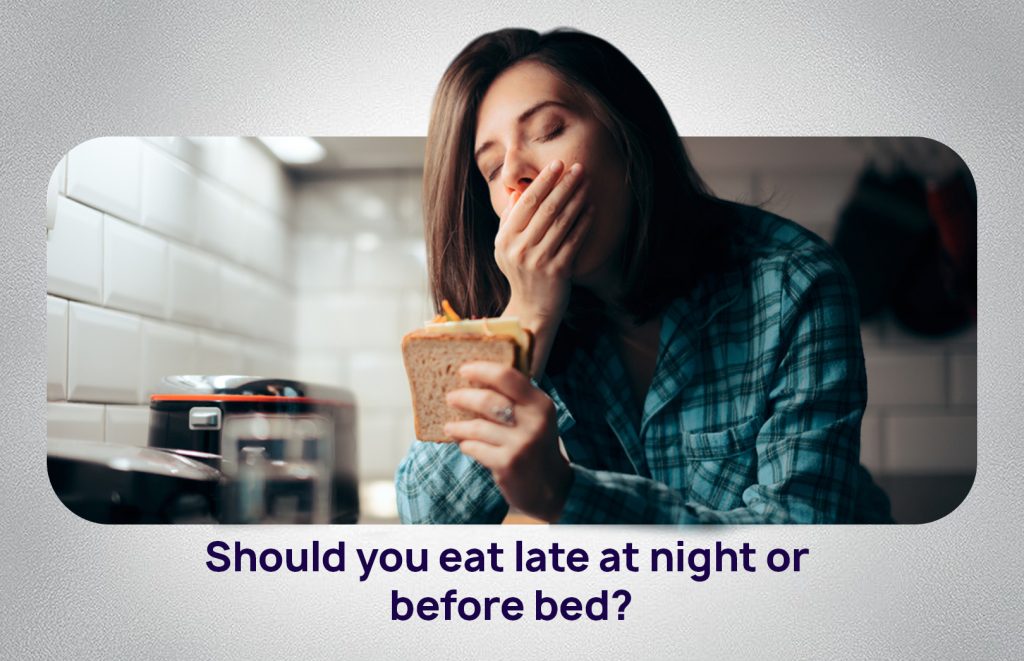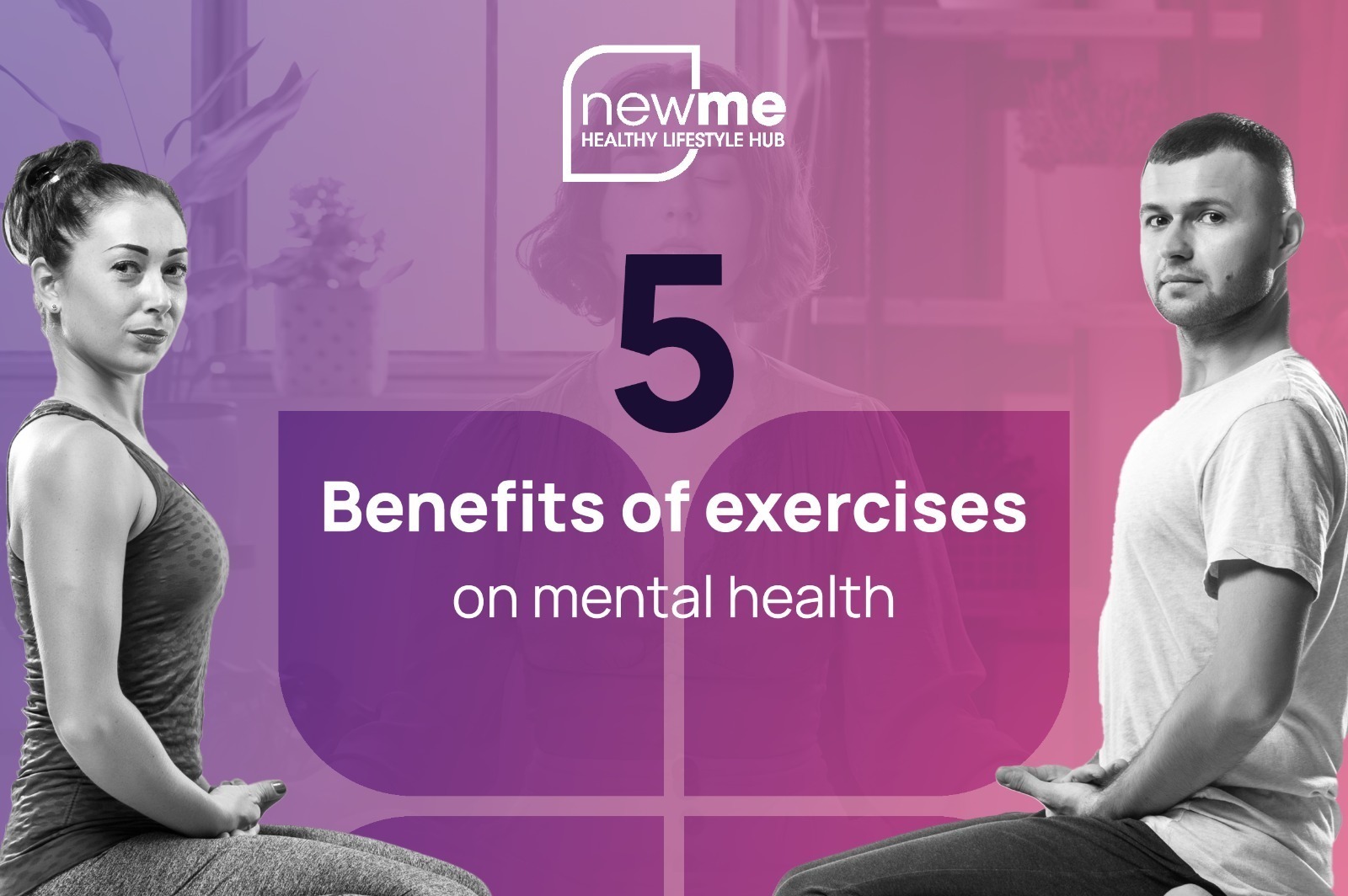The topic of eating late at night or before bed has sparked debates among fitness enthusiasts and individuals seeking to maintain a healthy lifestyle. While some argue that eating late can lead to weight gain, others believe that a light, protein-filled snack can be beneficial. But is eating late at night bad for you? The answer depends on your individual caloric requirements and overall goals.
In this article, we will explore different perspectives on late-night eating, discuss the importance of individualized nutritional needs, and highlight the benefits of incorporating a light, protein-rich snack to support muscle maintenance during sleep.

Is Eating Late at Night Bad for You?
Many people worry that consuming food before bed can slow metabolism, leading to weight gain. However, research suggests that the real issue is not the timing of eating but the total calorie intake and food choices. If you regularly consume excess calories, eating late at night can contribute to weight gain. But if you manage your daily calorie intake, a small, nutrient-dense snack before bed may actually benefit your body.
The Importance of Avoiding Hunger Before Bed
Going to bed hungry can have negative consequences on your body, even as you sleep. When your body lacks sufficient nutrients, it may break down muscle tissue for energy, which can hinder muscle maintenance and growth. If your goal is to preserve or build muscle mass, a small, protein-rich snack before bed can help prevent muscle catabolism and keep your body adequately fueled throughout the night.
Understanding Individual Caloric Requirements
When it comes to late-night eating, there is no one-size-fits-all answer. Factors such as:
- Your total daily calorie needs
- Activity level
- Metabolism and overall dietary habits
These play a crucial role in determining whether eating before bed is right for you. If you are highly active or have a physically demanding lifestyle, consuming a light, protein-filled snack before bed may provide essential nutrients to support recovery and energy balance.
What Are the Benefits of a Light, Protein Snack?
Many individuals have found success in incorporating a light, protein snack before bed, such as low-fat cottage cheese or Greek yogurt. These foods are high in protein and contain minimal fat, making them an excellent choice to aid in muscle repair and recovery while you sleep.
Consuming protein before bed can:
✅ Provide essential amino acids to support muscle maintenance
✅ Prevent overnight muscle breakdown
✅ Promote better recovery and overall health
By offering a steady supply of amino acids, a light protein snack before bed ensures that your body remains in an anabolic state, reducing the risk of muscle loss.
More blogs :
- will cutting out rice from diethelp you tp lose weight
- is olive oil the best oil for cooking
- what carbs should i avoid eating to be healthy

Determining Protein Needs for Late-Night Eating
The amount of protein you require before bed depends on various factors such as your exercise routine, body type, and overall nutrition. Consulting with a fitness professional or registered dietitian can help you determine your specific protein needs. They can assess your goals, daily activity levels, and dietary patterns to provide personalized recommendations for optimal muscle maintenance and recovery.
Considerations for Late-Night Eating
While a light, protein snack before bed can be beneficial for some individuals, it is crucial to make mindful choices. Here are some key considerations:
❌ Avoid heavy, high-fat meals that can cause indigestion or disrupt sleep.
❌ Steer clear of sugary or highly processed snacks, which can spike blood sugar levels and interfere with sleep quality.
✅ Listen to your body’s hunger cues—if you are genuinely hungry, opt for a nutrient-dense, protein-rich snack.
✅ Choose foods that align with your overall dietary goals, ensuring they provide essential nutrients without excessive calories.
Final Verdict: Should You Eat Late at Night or Before Bed?
The decision to eat late at night should be based on your individual caloric requirements, activity level, and personal goals. For individuals with high energy demands or those looking to support muscle maintenance and recovery during sleep, a light, protein-filled snack can be beneficial.
However, it is essential to make balanced and mindful choices, focusing on nutritious options and avoiding excessive calorie intake before bedtime. Consulting with a professional can provide valuable guidance for incorporating a late-night snack into your overall nutrition plan.
Remember, what works for one person may not work for another, so always prioritize individualized needs and find an approach that best suits your lifestyle and goals.







